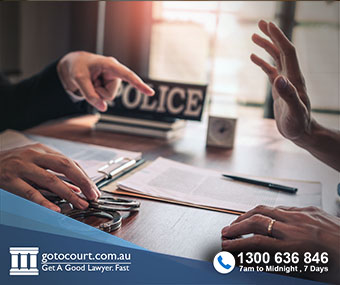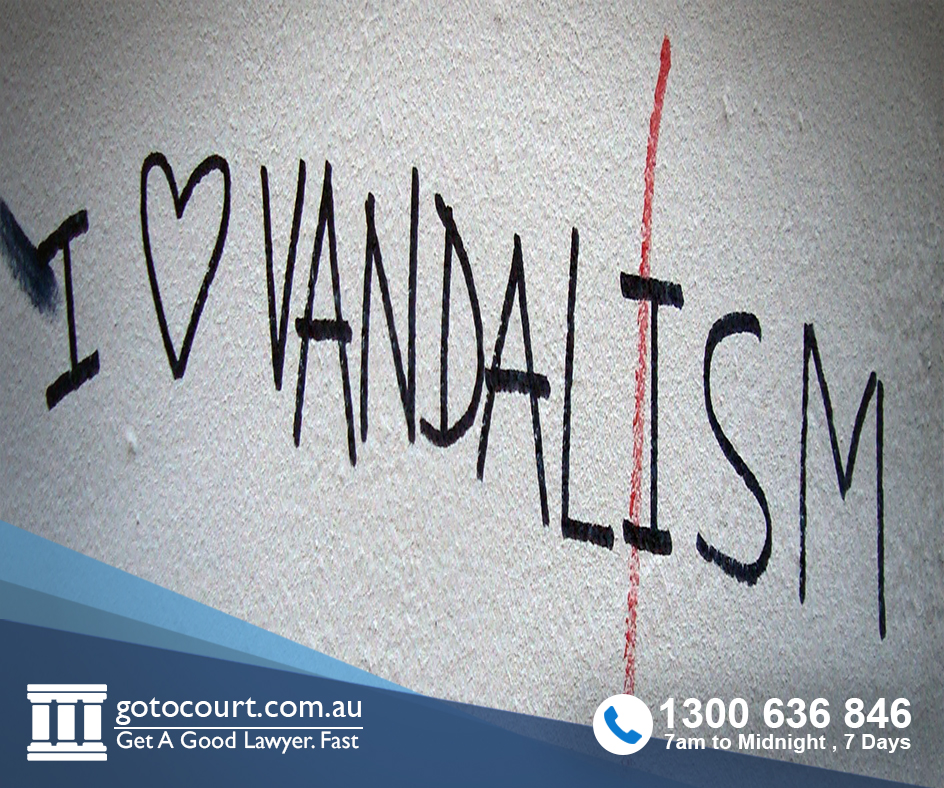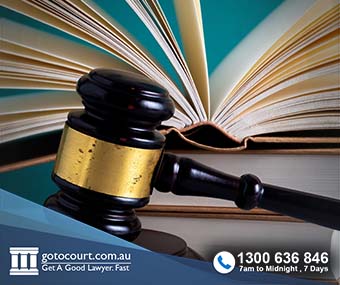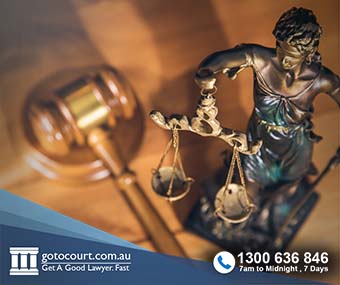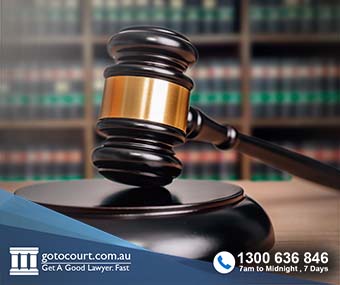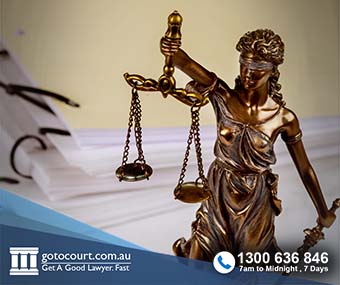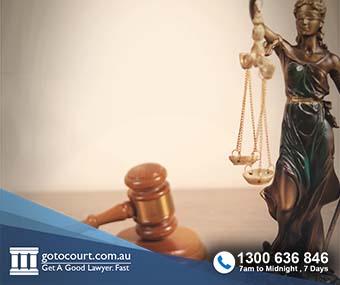Call our lawyers
now
or,
have our lawyers
call you
Section 32 of the Mental Health Act (NSW)
Updated on Jan 04, 2023 • 4 min read • 533 views • Copy Link
Section 32 of the Mental Health Act (NSW)
Section 32 of the Mental Health (Forensic Provisions) Act 1990 gives the court the power to divert a defendant who is suffering from a mental health condition into the care and treatment of mental health professionals rather than dealing with them through the criminal justice system. This court-mandated treatment plan may include attendance with a psychologist on a regular basis or taking prescribed medication. If you have committed a criminal offence and you are suffering from a mental health condition or were suffering from one at the time of the offence, you can avoid a criminal conviction if you make a successful Section 32 application.
Who is eligible?
A person is eligible for an order Section 32 of the Mental Health (Forensic Provisions) Act 1990 if the person is currently, or was at the time of the offence:
- Cognitively impaired, or
- Suffering from a mental illness, or
- Suffering from a mental condition for which treatment is available in a mental health facility.
For the purposes of the Act, a ‘mental condition’ includes a mental illness or a developmental disability of mind. Mental conditions include anxiety, depression, bipolar disorder and anti-social personality disorder. It may be a condition which is treated through a psychologist or counselling.
What do I need to show for my application to be successful?
When your application is heard, you or your solicitor must persuade the Magistrate of two things:
- That you were suffering from the relevant mental condition at the time of the offence, and;
- That it is more appropriate for the court to deal with you under the Mental Health (Forensic Provisions) Act than otherwise in accordance with law.
When considering whether it is appropriate to make an order under Section 32 of the Mental Health (Forensic Provisions) Act 1990, the Court will take into account the seriousness of the offence. It will consider whether the nature of the offender’s behaviour indicated the presence of mental illness. It will attempt to strike a balance between two competing public interests: the administration of justice and the need to provide treatment and support to members of our community who are suffering from mental health conditions.
What evidence must I provide?
You will be required to obtain a Mental Health Report from a mental health professional, such as a psychologist or psychiatrist. This report must evince that at the time of the offence, the defendant was suffering from a mental condition for which treatment is available. It must also positively identify that the the mental condition contributed to the offending behaviour. It must outline a detailed treatment plan which will form the basis of any order made by the court. The treatment plan must specify the place where the treatment is to occur and the name of the treating psychologist or psychiatrist. A doctor must agree to supervise the defendant and report to the court any breaches of the order.
What happens if my application is successful?
If your application is successful, the Magistrate may dismiss the charges altogether on condition that you agree to participate in a treatment plan. In other cases, the magistrate may adjourn your criminal matter until you have undergone mental health treatment to see how you respond. If you are in custody you may be able to get bail to participate in the mandatory treatment program.
What happens if I breach a Section 32 order?
Conditions of a Section 32 of the Mental Health (Forensic Provisions) Act 1990 order may include:
- Abstaining from drugs or alcohol;
- Undergoing counselling;
- Taking medication;
- Having your medication and counselling reviewed regularly;
- Residing at a specific address.
If you fail to abide by the conditions of your treatment plan, your matter will be called back before the court and you could have your Section 32 revoked and be re-sentenced in respect of your original charges.
Conclusion
The legislation permitting offenders who are mentally ill to be diverted away from the criminal justice system exists to assist people with mental illnesses and developmental disabilities and make sure they receive the treatment they need and that they are treated fairly by the law.
If you require legal advice in relation to a criminal matter or any other legal matter, please contact Go To Court Lawyers.


Affordable Lawyers
Our Go To Court Lawyers will assist you in all areas of law. We specialise in providing legal advice urgently – at the time when you need it most. If you need a lawyer right now, today, we can help you – no matter where you are in Australia.How It Works








1. You speak directly to a lawyer
When you call the Go To Court Legal Hotline, you will be connected directly to a lawyer, every time.


2. Get your legal situation assessed
We determine the best way forward in your legal matter, free of charge. If you want to go ahead and book a face-to-face appointment, we will connect you with a specialist in your local area.


3. We arrange everything as needed
If you want to go ahead and book a fact-to-face appointment, we will connect you with a specialist in your local area no matter where you are and even at very short notice.


